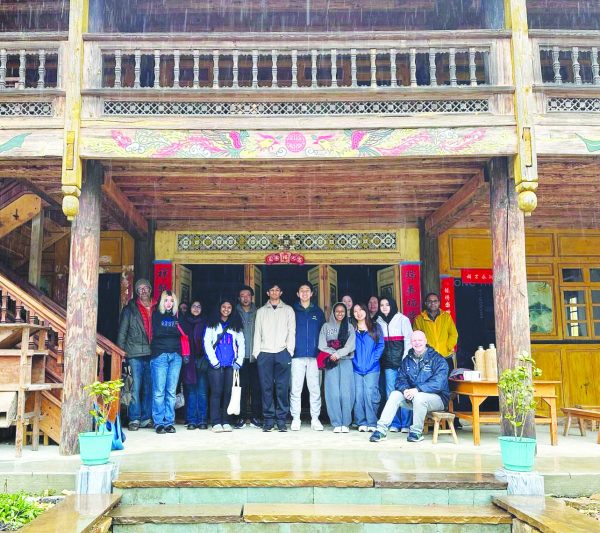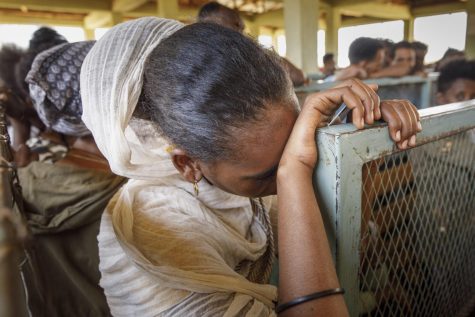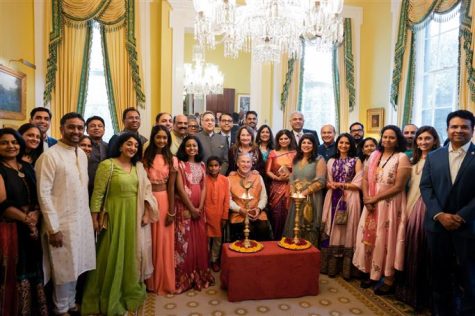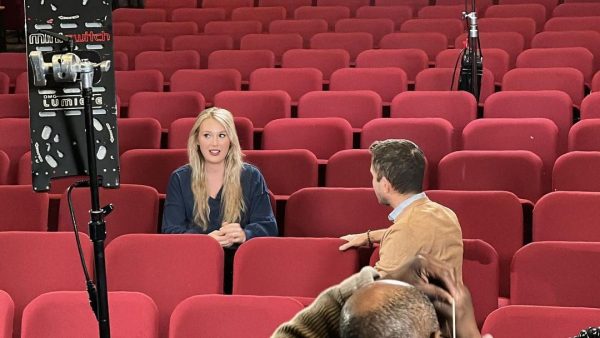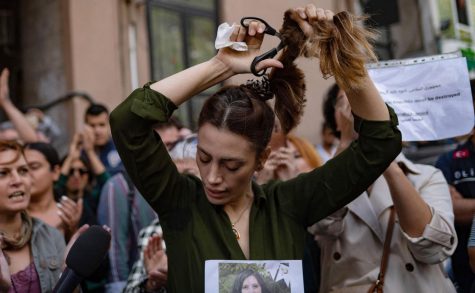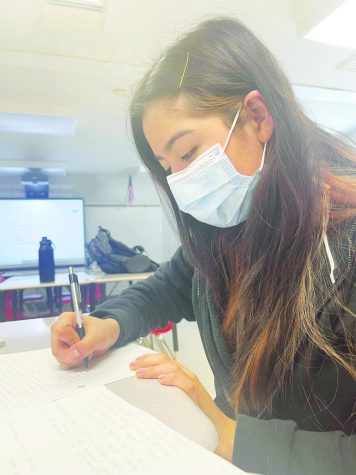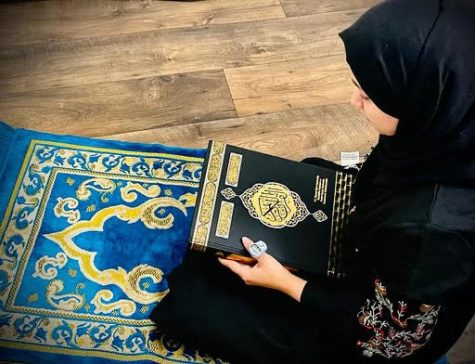A student’s first-hand account of the Egyptian protests
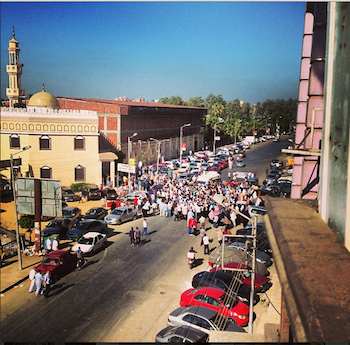
Despite the first democratic elections in Egypt taking place a bit over a year ago, newly elected president Mohamed Morsi faced a military coup overthrowing him due to protests in Cairo and other cities such as Alexandria and Mansoura that started on June 30th.
Although the protests against Morsi may seem sudden, many of the issues promised to be fixed by the brotherhood have gotten significantly worse.
Within a year, unemployment has risen up to 13 percent, a severe gas and diesel shortage has come
about, only 80% of the needed electricity is provided, which causes constant power outages in homes all over the country, and the crime rate has gone up drastically due to lack of police enforcement. Also, more women are being sexually harassed on the street, and 80% of women said that they didn’t even feel safe going out.
Those against the Muslim Brotherhood ask themselves: if all of this happened within a year, what could’ve happened if we waited?
They believe the initial mistake sprouted during the primary elections. With 11 parties being represented, only two would continue to the general election. The two candidates that were later in the general elections in June of 2012 were Mohamed Morsi, representing the Muslim Brotherhood, and Ahmed Chefik, former president Hosni Mubarak’s prime minister.
“With these limited options, no one wanted to participate [in the election],” said Eman Elsalakawy, an Egyptian woman living in Mansoura. “It’s either promote a Muslim government, or go back to the old regime.”
With a low turnout rate, Morsi was elected president, along with each parliamentary member being from the Muslim Brotherhood, and the constitution was written by the members of the Muslim Brotherhood.
“The Muslim Brotherhood is almost our entire government,” Gehad Kamel, a rising high school senior in Mansoura, said. “They created false promises in their campaign and wrote vague statements in the constitution that is creating loopholes in the law.”
However, many citizens are rioting in Tahrir Square and other parts of Cairo and Alexandria in support of Morsi and the Muslim Brotherhood.
“I voted for Morsi because he wasn’t the worse of two [candidates],” Elsalakawy said. “Although I’m not a supporter of the Muslim Brotherhood, I am upset that the democratic process is not being followed through. Morsi could easily end his term [in three years] and someone else could be elected.”
The military has now intervened in the riots supporting Morsi, and has killed dozens of people in riots all over Cairo and Alexandria. Shootings have occurred in smaller cities by citizens illegally obtaining weapons from Libya.
“We don’t know what will happen to Egypt,” Elsalakawy said. “We have started from the beginning, but now we’re divided.”

This is Nadia’s fourth year on staff after first joining The A-Blast as a Journalism 1 student her freshman year and becoming a staff writer her sophomore...



